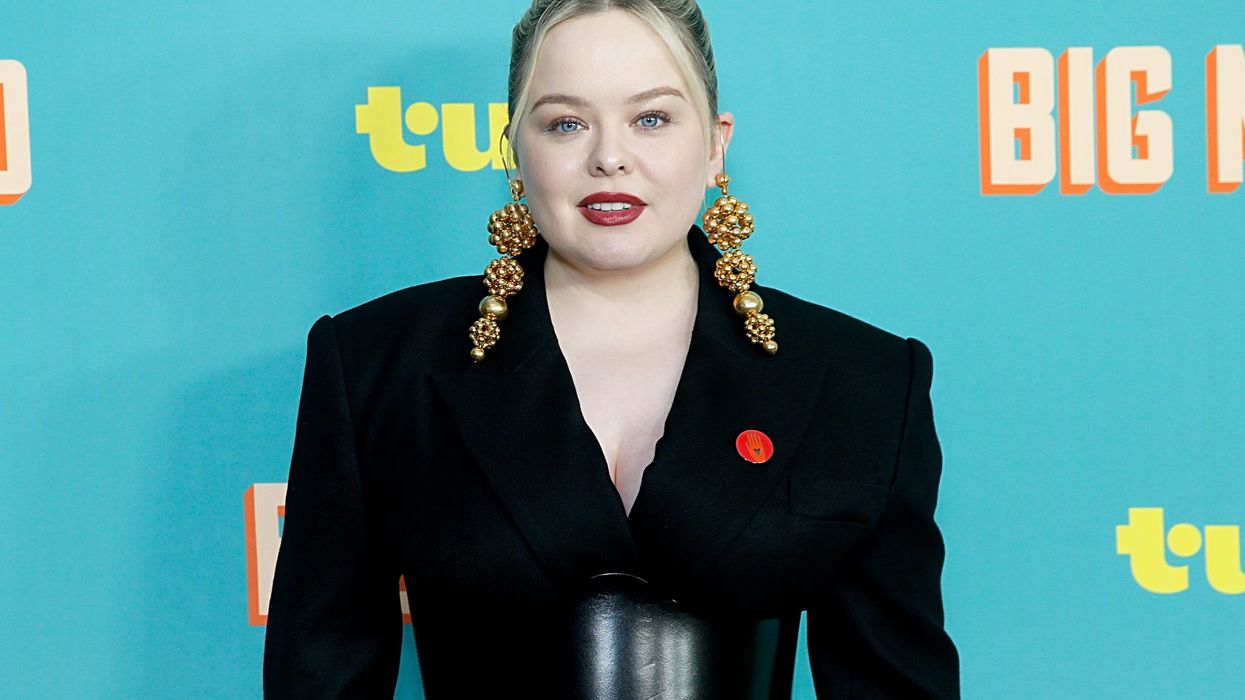Audiences are crying out for representation and Bridgerton has done just that by changing the landscape of what is and isn’t allowed on screen, says actor Nicola Coughlan, who is leading the third season of the Regency era series after staying in the shadows as Penelope Featherington.
Coughlan’s co-lead Luke Newton, who plays Colin Bridgerton, agreed that the hit Netflix period romance has made huge strides in inclusion, its colour-blind casting a much-discussed topic of conversation for viewers across the globe.
“The success of the show is proof that it’s what people wanted and that’s a really nice place to sit in and know each season that the choices that are made behind the show are going to be supported by the majority of people,” Newton told PTI in an interview.
Coughlan, whose crush on the third Bridgerton sibling Colin will be explored in this season, said she is proud of the way the show has become a cultural phenomenon. “The show has genuinely changed the landscape for what is and isn’t allowed in period dramas and what should be on screen. I feel there is a post-Bridgerton period drama world and a pre-Bridgerton period drama world.”
“And also this is what the audience clearly wanted. I think there are people that can sit in offices and go, ‘No, they just want a white person to do this, this, and this’. You’re like, ‘No, they don’t’. Audiences are crying out for representation and joy and just to be included,” Coughlan told PTI in an interview.
The fictitious romance drama from production house Shondaland is credited with popularising colour-blind casting, be it in the first season, led by Regé-Jean Page and Phoebe Dynevor, or the second season, fronted by Jonathan Bailey and Simone Ashley. Now that Bridgerton is in its third season, Coughlan said, audiences are used to the idea of it being an “invented world” with colourful costumes and its “over-the-top” setting. “We, thankfully, don’t need to explain it anymore. And, look at the joy it’s brought people. It’s so wonderful,” she added.
The eight-episode drama will return for its third season in two parts: with part one premiering on May 16 and part two arriving on June 13 on Netflix. The first season, which premiered mid-pandemic on Christmas Day in 2020, became a runaway sensation, and the second season in March 2022 further established its popularity by becoming one of the most-watched shows on the streamer.
According to Coughlan, Bridgerton released at a time the world needed something that “celebrates love and joy and a lack of cynicism in a way that very few things do”. “There’s a lot of darkness going on in the world now, and it just needs something that just takes you out of that and is a complete escape,” she said.




